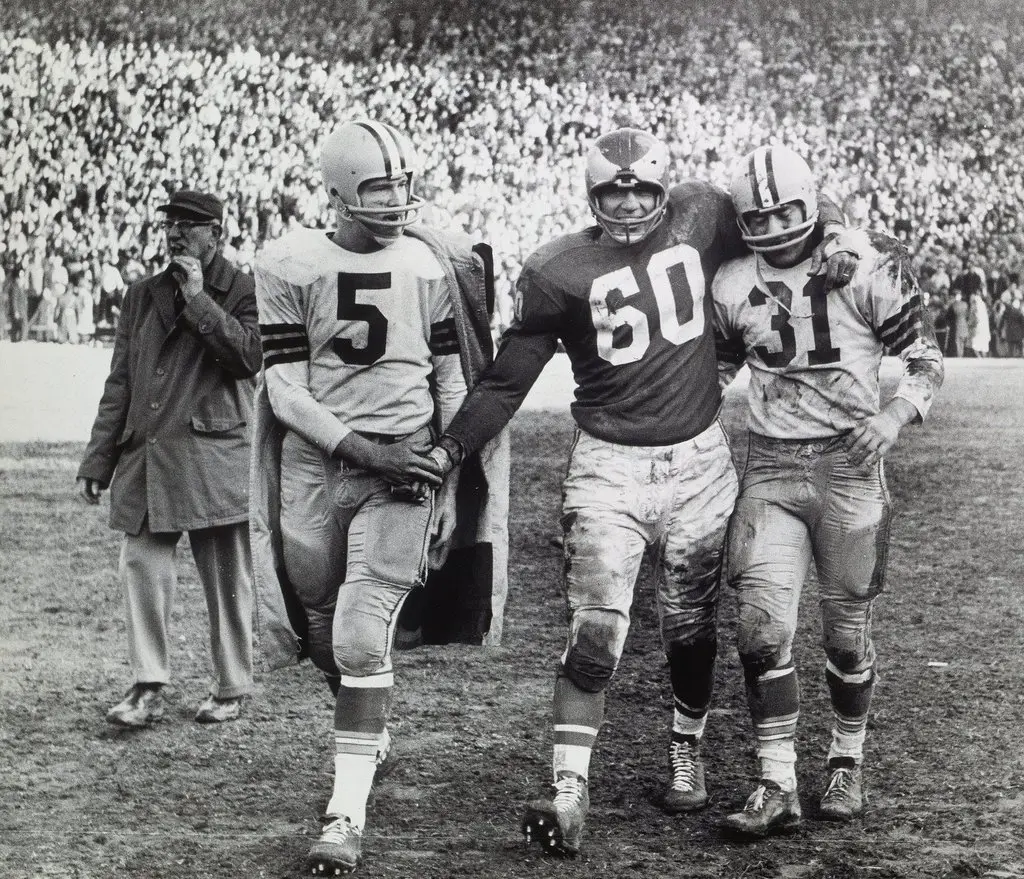Top 10 Sensational Moments in Philadelphia 76ers History
1. The 1983 Championship: Philly’s Finest Hour
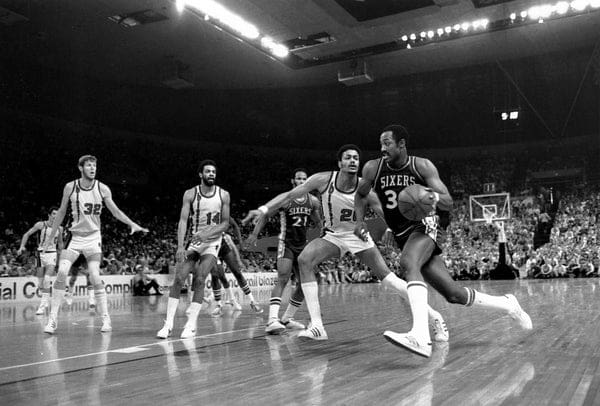
When the 76ers swept the Lakers to win the 1983 NBA Championship, it wasn’t just a victory; it was basketball brilliance incarnate. Moses Malone fulfilled his bold “Fo’, Fo’, Fo’” prediction, carrying the team with relentless rebounds and unstoppable scoring. Julius Erving, the epitome of elegance on the court, delivered breathtaking plays that left fans and rivals in awe.
Why was this championship significant? It shattered years of doubt and solidified Philly’s dominance in the NBA. Plus, watching the Lakers lose in such humiliating fashion added an extra layer of satisfaction for 76ers fans. Take that, Showtime!
| Key Players | Role |
|---|---|
| Moses Malone | Finals MVP |
| Julius Erving | Team Leader |
2. Allen Iverson’s Iconic Step Over Tyronn Lue (2001)
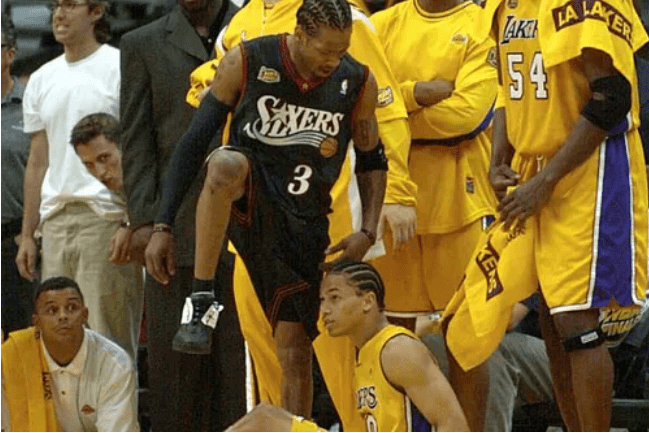
In Game 1 of the 2001 NBA Finals, Allen Iverson didn’t just win the game; he made history. His legendary crossover and pull-up jumper followed by the infamous step over Tyronn Lue was the ultimate power move. The crowd went wild, and a star was immortalized.
Why was this moment significant? It epitomized Iverson’s fearless attitude and Philly’s never-back-down mentality. Plus, sticking it to the Lakers on their home court? Priceless.
- Iverson scored 48 points in the game
- The 76ers broke the Lakers’ playoff win streak
- Set the tone for an unforgettable Finals series
3. Wilt Chamberlain’s 100-Point Game (1962)
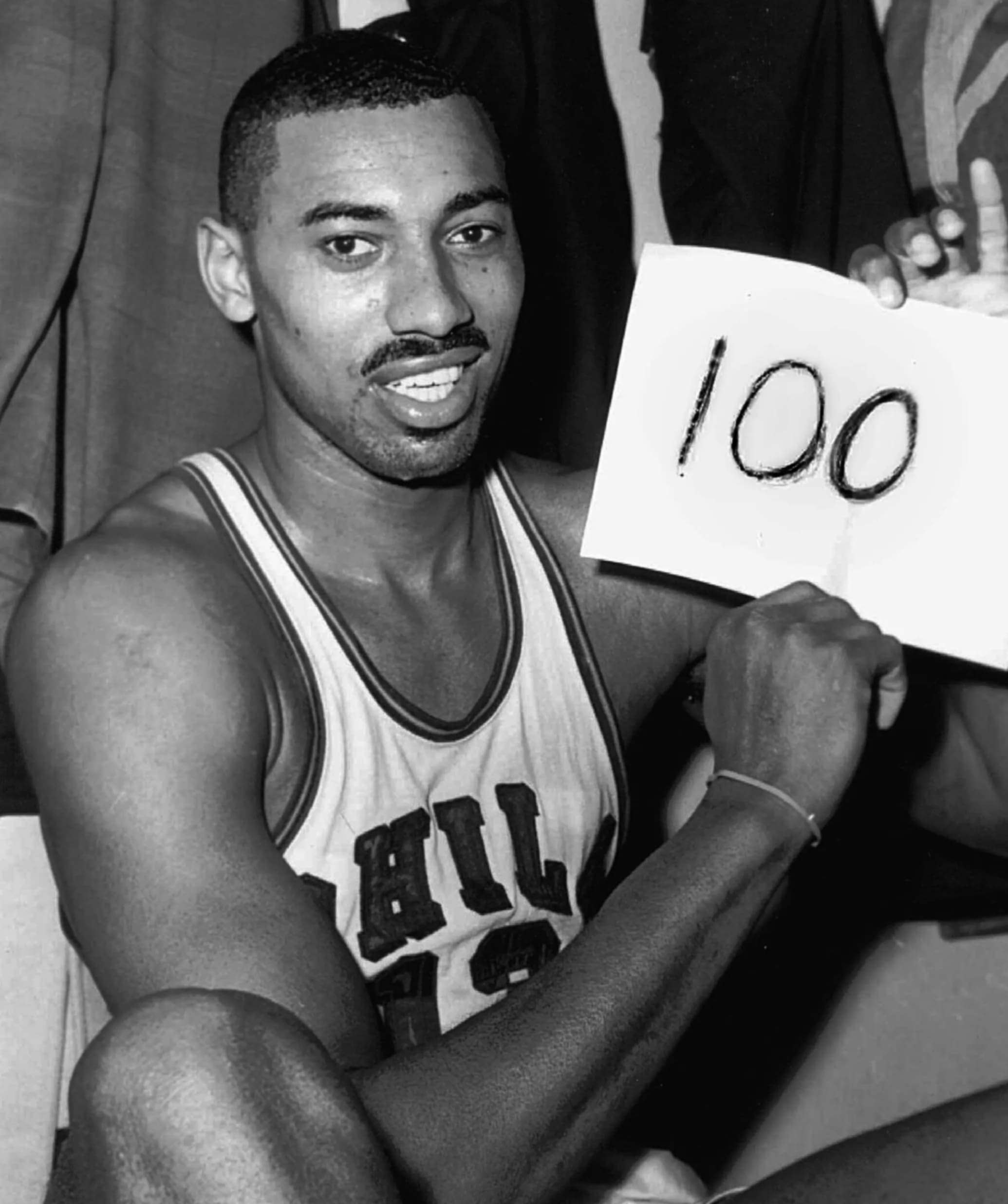
Wilt Chamberlain made the impossible possible with his iconic 100-point game in 1962. While technically a Warriors game, his performance is forever tied to Philly’s basketball lore. No one before or since has come close to replicating this monumental feat.
Why was this performance significant? It redefined what an individual could achieve in basketball, putting Philadelphia on the map as a city of unstoppable talent. Knicks fans? They’re still recovering.
4. Julius Erving’s Baseline Move
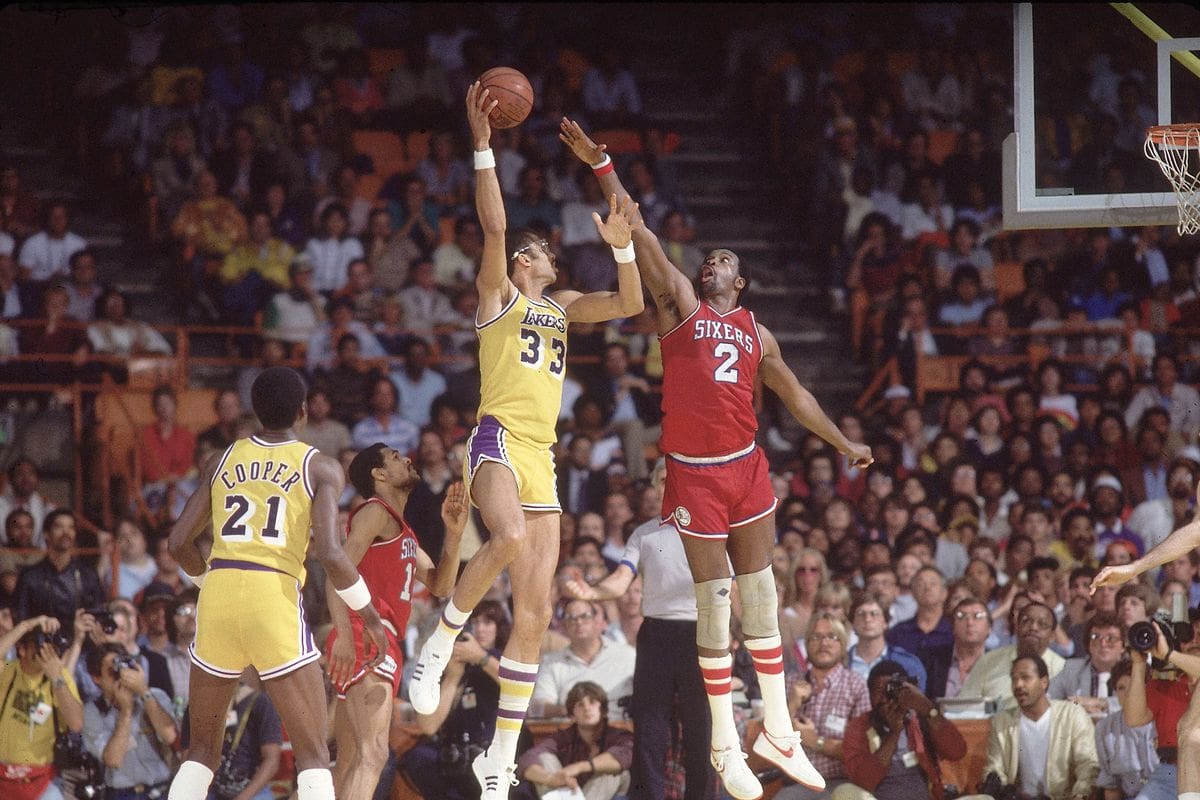
Julius Erving, aka "Dr. J," delivered one of the most jaw-dropping plays in NBA history during the 1980 Finals. His gravity-defying baseline move against the Lakers showcased unmatched athletic artistry. It’s a moment that still gives fans chills.
Why was this move significant? It wasn’t just a bucket—it was a masterpiece that cemented Erving’s legacy as one of the game’s greatest. And let’s be honest, it’s always satisfying to humiliate the Lakers.
5. The Process Era Begins
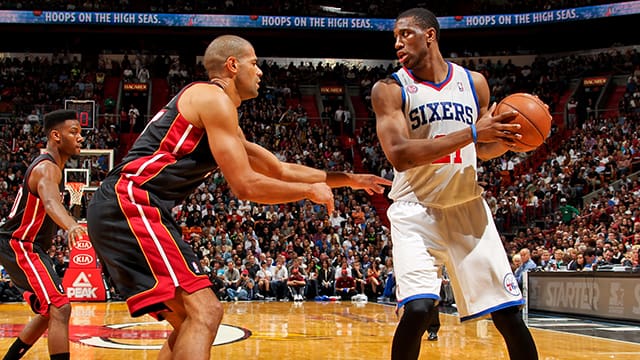
In 2013, the 76ers began their infamous rebuild known as "The Process." Sam Hinkie’s bold strategy of accumulating draft picks and prioritizing future potential over immediate success ushered in a new era for the team. This approach led to the acquisitions of franchise players like Joel Embiid and Ben Simmons.
Why was this era significant? It demonstrated the power of patience and foresight in building a competitive team while frustrating rivals who mocked the strategy. And yes, we’re looking at you, New York Knicks.
6. Joel Embiid’s Dominance in the Modern Era
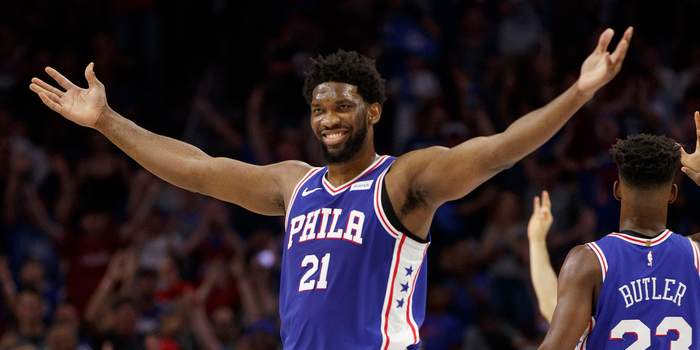
Joel Embiid has cemented himself as one of the league’s premier players, delivering MVP-caliber performances season after season. His ability to dominate both offensively and defensively has turned the 76ers into perennial playoff contenders. From clutch shots to monster stat lines, Embiid is the centerpiece of modern Philly basketball.
Why is Embiid’s reign significant? He embodies the results of "The Process" while giving fans hope for the team’s next championship. Rivals dread facing him—and honestly, who can blame them?
7. Charles Barkley’s Explosive 1990s Era

Before his Hall of Fame TV career, Charles Barkley was the heart and soul of the 76ers. His combination of power, skill, and charisma made him a fan favorite. From highlight-reel dunks to fiery rivalries, Barkley’s tenure in Philly remains legendary.
Why was Barkley’s era significant? It kept the team relevant during transitional years while providing endless entertainment. Plus, who else could trash-talk Boston like Sir Charles?
8. The 1977 Finals Run
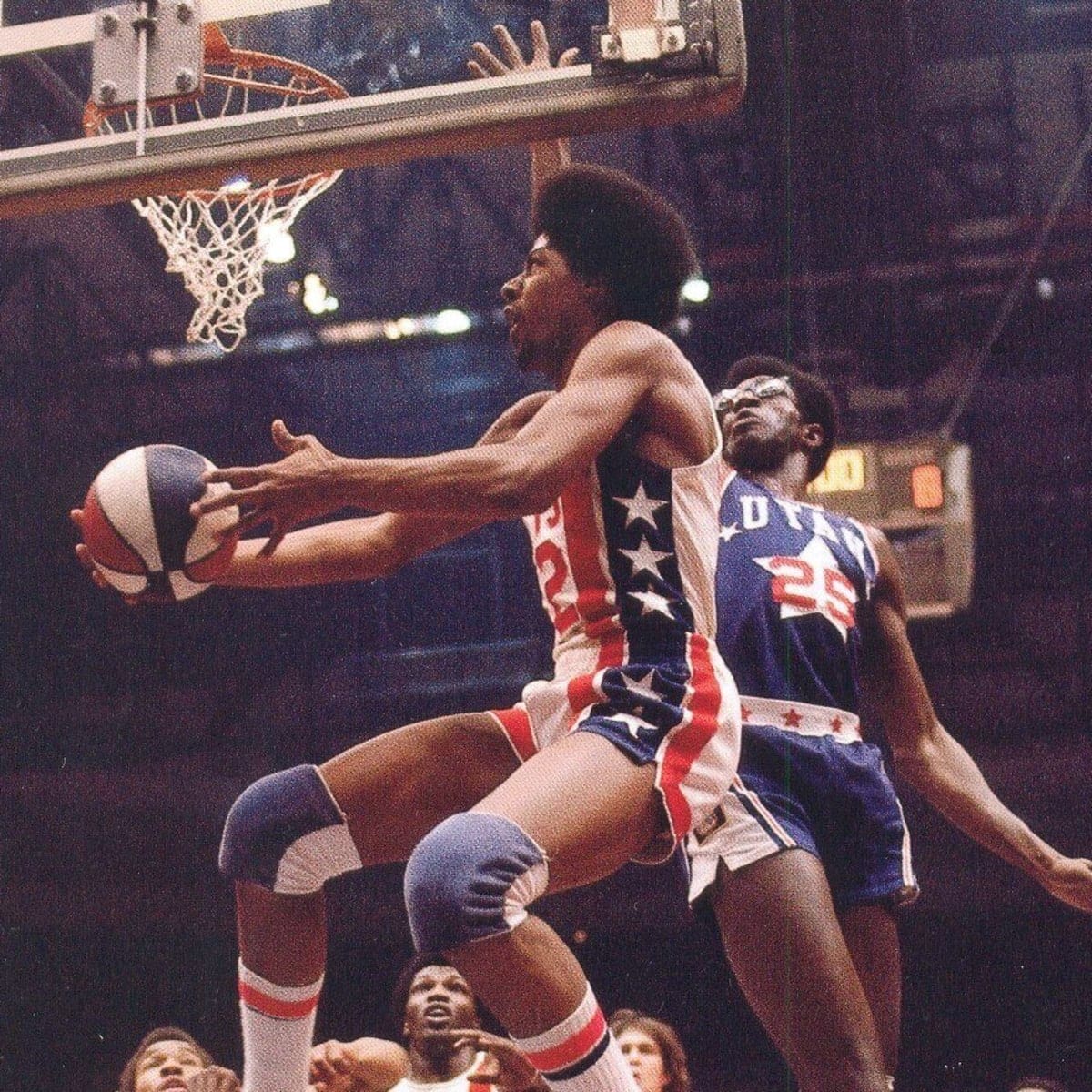
The 76ers’ 1977 Finals appearance marked a return to greatness for the franchise. Led by Julius Erving and George McGinnis, the team’s electrifying style of play captivated fans and terrified opponents. Although they fell short against the Trail Blazers, this run signaled the team’s resurgence.
Why was this run significant? It laid the groundwork for the 76ers’ dominance in the 1980s, while showcasing the team’s ability to bounce back after years of mediocrity.
9. Moses Malone’s Arrival in 1982
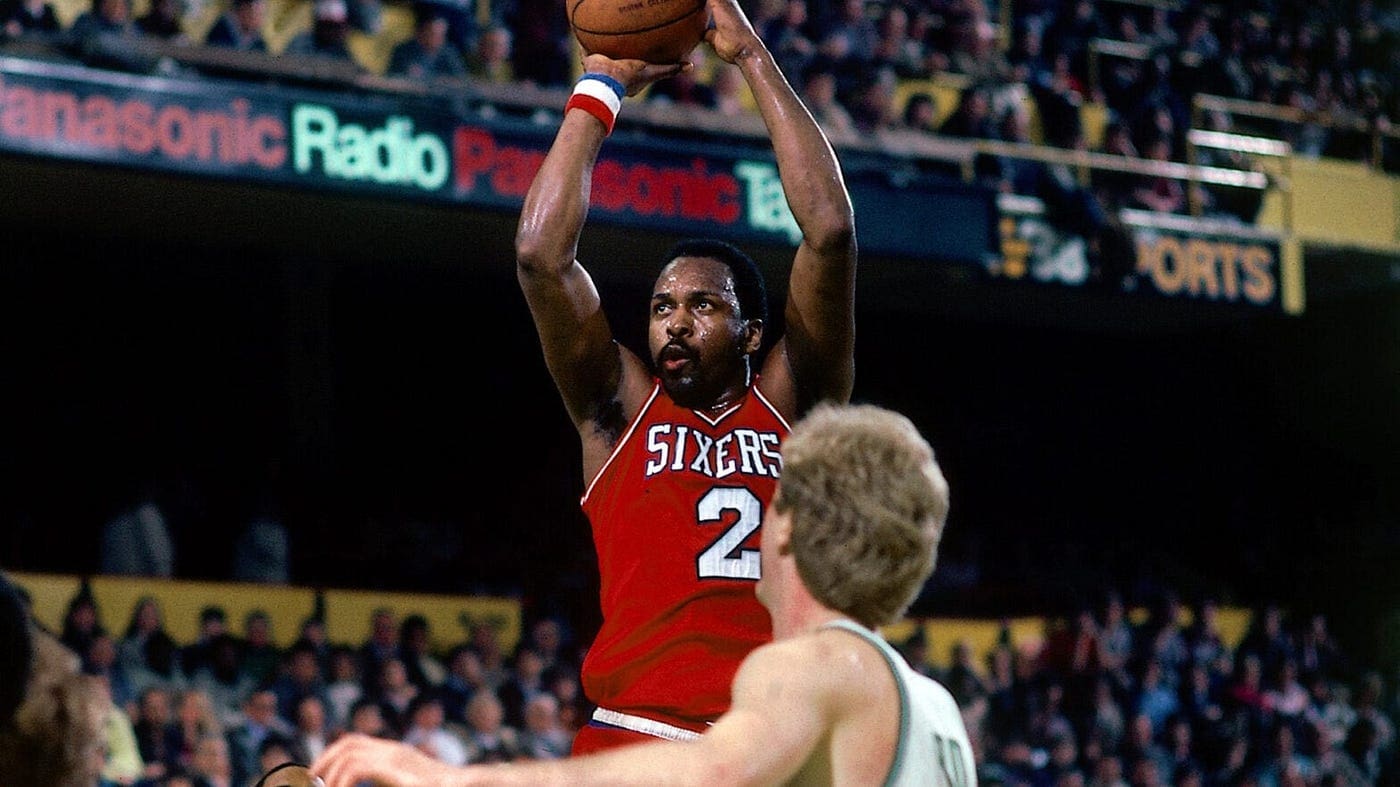
The acquisition of Moses Malone in 1982 was a game-changer for the franchise. His relentless work ethic and ability to dominate the paint propelled the team to their historic 1983 championship run. Malone’s presence transformed the 76ers into an unstoppable force.
Why was Malone’s arrival significant? It gave the 76ers the missing piece they needed to reach the pinnacle of basketball success.
10. The Founding of the Franchise
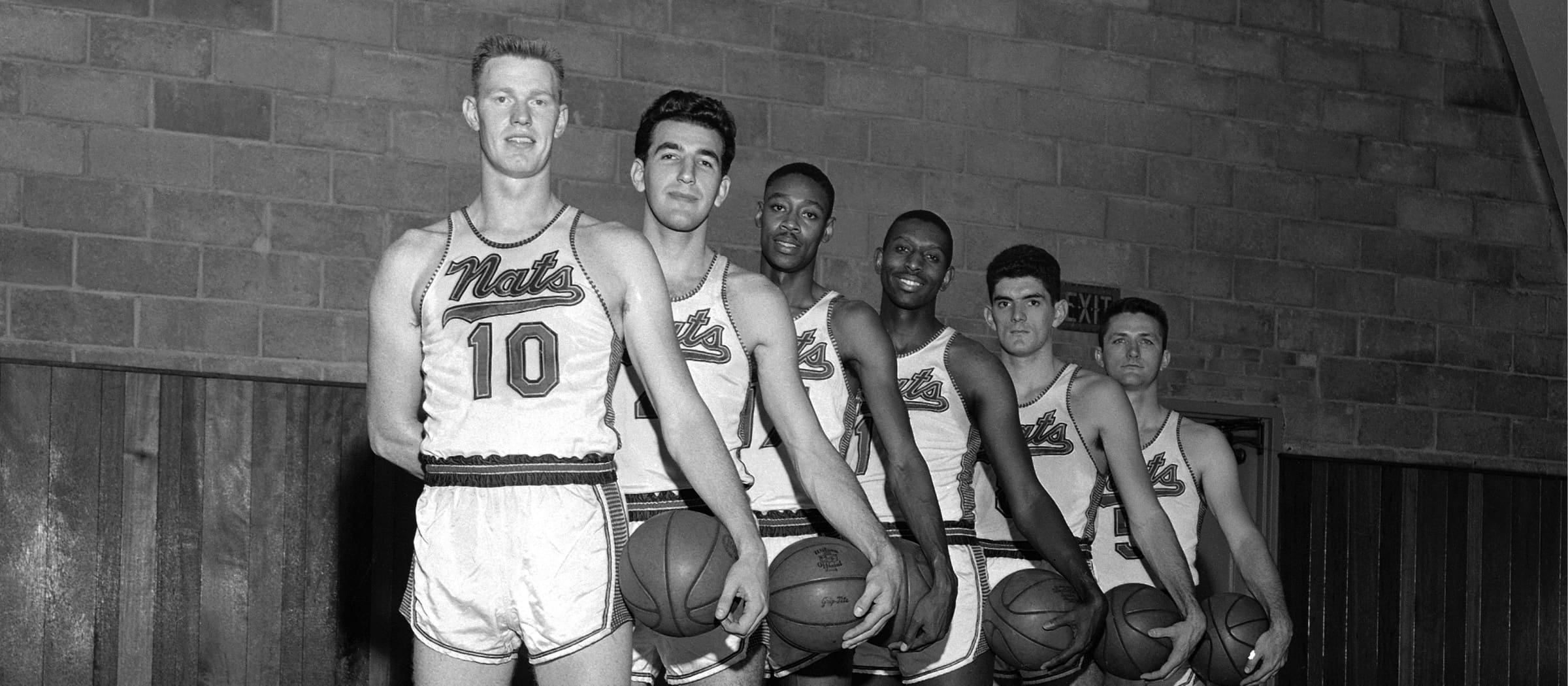
The 76ers’ journey began in 1946 as the Syracuse Nationals before relocating to Philadelphia. As one of the league’s oldest franchises, the team’s history is filled with iconic players and unforgettable moments that shaped the NBA.
Why was the founding significant? It marked the beginning of a basketball dynasty that continues to captivate fans and frustrate rivals.
Love this content? Subscribe for exclusive updates on Philadelphia 76ers history, stats, and future games!


